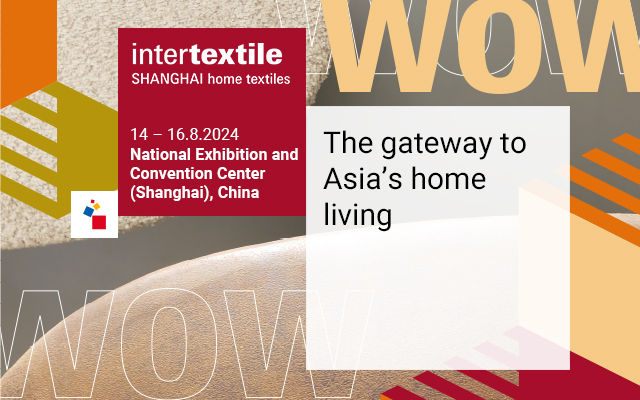The glorious victory ofBarak Obama in the US presidential election is resonating all across the globe.How much would his pro-activeness benefit the textile and apparel industries ofUS? What is in the offing for the Chinese imports into US?
People all around the world wouldhave watched in awe; as Barack Obama was sworn as the 44th Presidentof the US. And for the textile and apparel industries in US, this would be anunprecedented period of protectionist stance against foreign clothing supplierssuch as China. It is being assumed that the new Government is going to focus onthe economic issues, and help the world to come out of recession. It is alsoassumed that textile and apparel issues would not top the list for a limitedtime.
During the past years when US wasmore dependent on textiles and agriculture, textiles were subjected to aspecial regime. Obama's trade policy insists on opening markets abroad formanufactured exports along with enforceable labor and environmental standardsin free trade agreements. This would result in a decrease in the free textiletrade which was transferring more jobs abroad.
Obama'sTextile Policy Stance:
In a letter sent to the NationalCouncil of Textile Organizations, Obama has expressed his views about the issuesfacing the textile and apparel industries in US. He has articulated hisintention to change the economic policies that had been pursued in the countryfor the past eight years, and adopt policies that would put the needs of themiddle class first.
He has expressed his willingnessto take initiatives to curtail the currency manipulation by the Chinese toincrease exports and daunt the imports. Obama has also assured to impose aprogramme to monitor the textile, and apparel imports from China, once the safeguards are removed, and increase the funds and enforcements of policiesregarding unfair trade practices. In the letter Obama states, "A fairtrading system requires fairness in each countrys foreign exchange practices.The massive current account surpluses accumulated by China are directly relatedto its manipulation of its currencys value. The result is a large imbalancethat is not good for the United States, not good for the global economy, andlikely to create problems in China itself. China must change its policies,including its foreign exchange policies, so that it relies less on exports andmore on domestic demand for its growth. That is why I have said that I will useall diplomatic means at my disposal to induce China to make these changes."(Source: http://en.wikisource.org)
Earlier, the Bush reign demanded China to increase the value of its currency, with feeble success. But it did not declare China as a 'currency manipulator'. The textile and apparel producers of US have requestedthe Bush administration to impose a monitoring program against the import surgeof Chinese textiles at the expiry of quotas, but were denied. Now, Obama hasgiven an implication that he would impose emergency restrictions against theimport surge of Chinese goods.
Possibilities exist that Obama mightadopt a tougher stance toward China regarding textile and apparel trade. China'srole in the global trade may disseminate protectionist feeling in US, and thereign of Obama may show pragmatism is dealing with China, enabling a quickreturn to economic growth, rather than damaging the US-China trade relations. Overall,industry analysts positively assert that, the country is in a good position todeal with the global trade regime under Obama's leadership.
References:









Comments